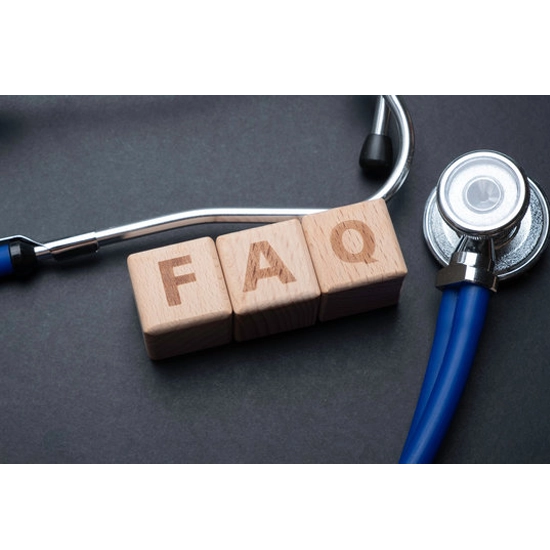.webp)
Book B-Cell Clonality (IGH Gene Rearrangement) Appointment Online Near me at the best price in Delhi/NCR from Ganesh Diagnostic. NABL & NABH Accredited Diagnostic centre and Pathology lab in Delhi offering a wide range of Radiology & Pathology tests. Get Free Ambulance & Free Home Sample collection. 24X7 Hour Open. Call Now at 011-47-444-444 to Book your B-Cell Clonality (IGH Gene Rearrangement) at 50% Discount.
The VDJ section of the immunoglobulin heavy chain (IgH) gene is analyzed in the IgH Clonality by NGS test to identify B-lymphocyte clonal populations in a specific patient sample. For diagnosing B-cell lymphoma or leukemia, it's critical to look for clonal B-lymphocyte populations.
What B-cell clonal clonality analysis of B-cell populations can aid the diagnosis of lymphoproliferative illnesses? This examination confirms or disproves the presence of B-cell lymphomas or leukemias.
A positive test result does not identify a particular subtype of B-cell lymphoma; instead, it only supports the diagnosis of B-cell lymphoma. The subtype of a person's lymphoma, along with other genetic anomalies, typically determines the clinical course and responsiveness to treatment.
Moreover, a fraction of lymphomas that lack detectable surface or cytoplasmic immunoglobulin can be shown to have clonal immunoglobulin gene rearrangements, providing conclusive proof of both the tumors’ malignancy and B-cell origin.
IGH mutations may or may not have been seen in malignancies in humans.
If the microscopic examination is unclear, molecular clonality assays can assist in distinguishing between reactive and malignant lymphoid proliferations by analyzing the diversity of lymphocyte antigen receptor gene rearrangements.
The lymphotoxin B cells can make stimulates angiogenesis and aids in the development of tumors. Extracellular vesicles from tumors (tEVs) can stimulate the production of antibodies by B cells, which can then bind to the antigens to create immunological complexes.
Clonality is described as the occurrence of two tumors that both developed from the same progenitor cell that had previously undergone malignant alterations.
Clonal selection: The idea that a lymphocyte, specifically a B cell, expresses receptors unique to a particular antigen before the antibody even comes into contact with it. When Ag binds to a cell, the cell is activated, which leads to the growth of clone daughter cells
The IgH locus is where Ig rearrangement starts in pro-B cells. When pro-B cells produce a functional allele, they build a pre-B cell receptor complex, which promotes pre-B cell differentiation and clonal proliferation.
| Test Type | B-Cell Clonality (IGH Gene Rearrangement) |
| Includes | B-Cell Clonality (IGH Gene Rearrangement) (Pathology Test) |
| Preparation | |
| Reporting | Within 24 hours* |
| Test Price |
₹ 9350
|

Early check ups are always better than delayed ones. Safety, precaution & care is depicted from the several health checkups. Here, we present simple & comprehensive health packages for any kind of testing to ensure the early prescribed treatment to safeguard your health.